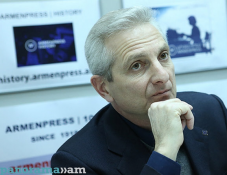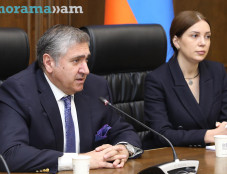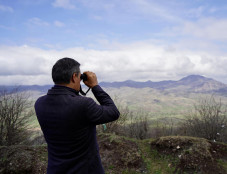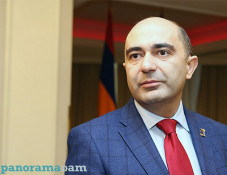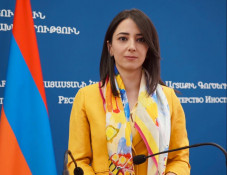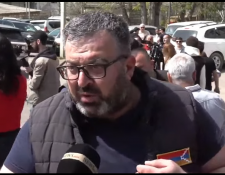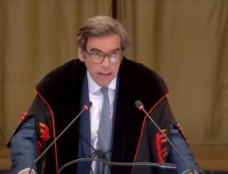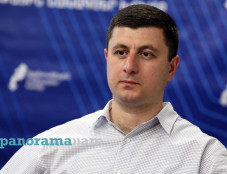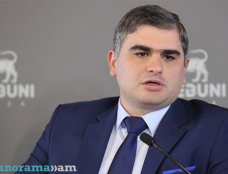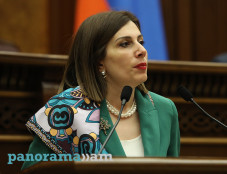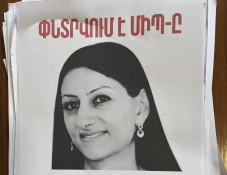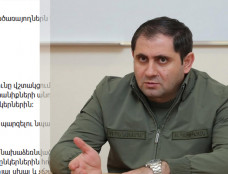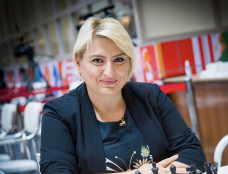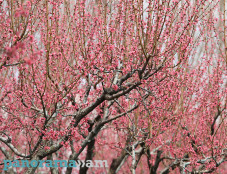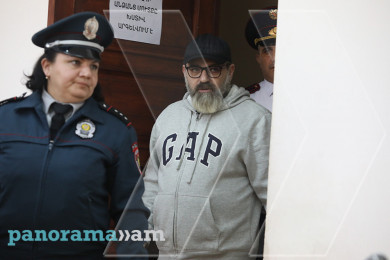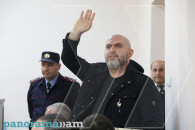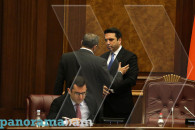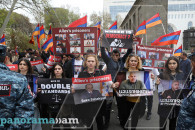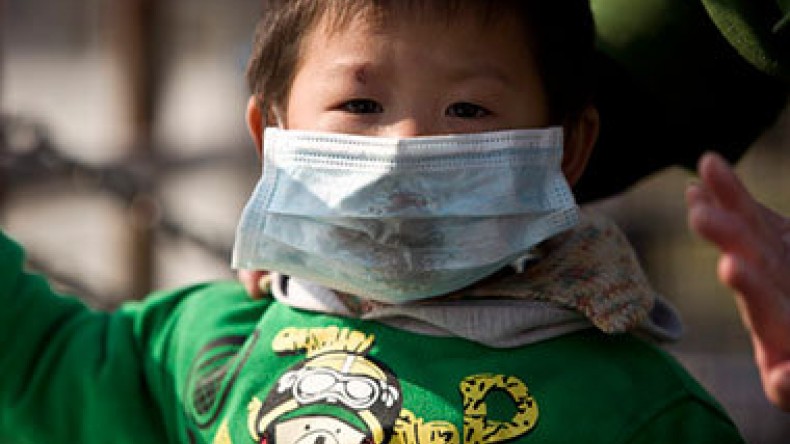
Unequal development: What’s the social cost of the BRICS’ economic growth?
Jhinuk Chowdhury
From RT
After the frantic GDP growth of the past decade in the BRICS (Brazil, Russia, India, China and South Africa) countries, experts are trying to assess how far the benefits of this growth have trickled down to their citizens.
A recent survey, the Social Progress Index (SPI) 2014 of 132 countries shows BRICS nations faring poorly on social progress.
Except Brazil, 46th on SPI and 57th on per capita GDP, all the other countries have scored lower on social progress than on their GDP ranking. Russia has a higher GDP than Brazil (39th) yet its SPI rank is 80th, while South Africa with a GDP ranking (58th) is ranked (69th) on SPI.
India (102nd) and China (90th) are the worst performing BRICS nations, despite their economic growth. The number of deaths related to air pollution is “flagged as a cause of concern” for both the countries in the report.
The World Health Organization found acute respiratory infections among the most common causes of deaths for India’s children. The World Bank claims 23 percent of deaths among children are due to environmental factors such as polluted air and contaminated water.
In China, 1.2 million people die every year due to pollution. The estimated cost of environmental degradation in China is 9 percent of its GDP, while it is 5.7 percent of GDP for India.
Wealth is concentrated in the hands of few and public services such as health and education are privatized, making them too expensive for millions of poor people and workers to afford.
This has led many to ask if GDP is the best way to measure how well a country is doing. Can “sustainable growth” be scoped beyond just the ambit of economics into the broader realm of social advancement?
“Though the BRICS countries have grown more than 5 percent, higher than the European Union, their performance in the social sphere, in the context of the Millennium Development Goals (MDGs), such as child mortality, access to secondary and tertiary education, gender equality, basic amenities and environmental sustainability, have been dismal,” says Amitabh Kundu, Professor of Economics at the Jawaharlal Nehru University, New Delhi, who has represented India in many of the BRICS forums and summits.
Helmut Reisen, who headed research at the OECD Development Center until 2012 before founding his Berlin-based consulting firm ShiftingWealth, feels it is the “social deficit” that threatens sustainability in the BRICS nations more than just the economic factors.
“First, [the BRICS] are often dual economies with a productive urban sector and a less productive rural sector,” Reisen said. “To grow, people shift from rural to urban sectors. This raises first rural-urban inequality and intra-urban inequality – the Kuznets effect.”
“Second, the urban middle class is poverty-threatened by insufficient public services such as local transport, hospitals and schools. These three services can be provided by the private sector but at a rising cost,” which creates social exclusion and dissatisfaction, Reisen said.
Income inequality has been at the source of most of the social deficits that these countries are facing. According a Credit Suisse report, wealth inequality in Russia is one of the world's highest with 35 percent of Russian household wealth being controlled by just 110 billionaires.
There’s one billionaire for every $11 billion in Russia compared to one billionaire per $170 billion in the rest of the world, the study says. The number of billionaires in Russia has increased 13-fold from eight in 2000 to 110 people in 2013.
In an interview with The Guardian, the scientific director of Moscow’s Higher School of Economics (HSE), former economics minister Yevgeny Yasin, said that social and economic inequality is the biggest problem Russia is facing today, with only 20 percent of Russia’s population successfully participating in the rise in prosperity.
In China, the Survey and Research Center for China Household Finance says that 10 percent of households in the country account for up to 58 percent of the country’s disposable income. The IMF confirms that income inequality in China has risen more than in any other Asian economy, and that it is among the world’s top 10 most unequal societies.
The income gap in India manifests itself in the elite education system, which has created areas of excellence resulting from the GDP growth, but excludes one in five men and one in three women due to illiteracy.
The UNDP’s Human Development Report of 2013 ranks India 136th among 187 countries. It raises concern about the country’s poor Gender Equality Index with only 10.9 percent of women representation in parliament, 26.6 percent of adult women at higher education, and only 29 percent participating in the labor market.
Despite initiatives like Fome Zero (Zero Hunger) which included financial aid for school-going children, support for subsistence family farming, microcredit, aimed at reducing inequality, Brazil remains one of the most unequal societies in the world with its education and healthcare systems largely privatized adding costs for households. In fact, Bolsa Familia (Family Allowance) is among the largest welfare mechanisms in the world, reaching over 11 million families.
Fabiano Mielniczuk, Former Research Coordinator at the BRICS Policy Center and current Director of Audiplo: Education and International Relations, says: “The Brazilian situation is very complex. On the one hand, (ex-President) Lula’s government is known as the period in which Brazil was able to tackle all three dimensions of sustainable development successfully. It promoted economic growth, reduced carbon dioxide emissions and distributed income with policies responsible for including more than 30 million people in the middle classes. On the other hand, the distribution of economic benefits and other social policies that granted access to the formal system of education were not followed by the necessary investments in public transportations, security in the main urban areas and policies to fight corruption.”
He adds: “Intricacies of Brazil’s bureaucracy and an environment marked by corruption hinder their implementation. After universalizing access to basic education it is necessary to improve its quality and little has been done in that regard.”
Referring to the June 2013 protest in Brazil, Mielniczuk said it was the expression of young adults – economically and educationally well exposed – for better public services rather than huge public investments to host the World Cup in 2014.
South Africa is still grossly divided with wealth largely being concentrated with the white racial group, although the number of black billionaires and millionaires is also growing. Reforms in land distribution, minimum wage, public healthcare and education, initiated during the struggle for democracy, have suffered as a result of greater tilt towards privatization.
In fact the suppression of urbanization for the country’s black population during the apartheid era is still rampant. South African cities continue to be unequal and fragmented, socially and economically - one side with world-class (private) healthcare and education, while the other (the majority) struggling with public schools and hospitals in a sorry state.
Reisen feels that many of these inequalities (rural-urban and intra-urban) can be counteracted if the government incentivizes rural development. For this, strong public provision of services is needed to connect people to job places, health, and better education – “prerequisites to avoid falling back into poverty.”
Kundu is calling for a strong social and political mobilization. Citing the example of democratic elections happening in India he says, “The country is caste- and creed-ridden. Political groupings are based on religion and caste. Each constituency has clear religion and caste-linked vote banks. Given this, political debates on developmental issues take a backseat.”
However he feels the first-time voters – the 18-23 olds, comprising about 7 percent of the Indian population, will be the “change-makers”, rising above caste and religious issues and demanding a growth-oriented strategy, price stability and employment generation. On average, an election constituency has about 90,000 such young voters.
“The entry of the new Aam Admi Party (AAP) into politics is manifestation of a strong sense of frustration among the youth. Whether this frustration will be channelized to bring about a paradigm shift in parliamentary democracy is something is to be watched,” Kundu says.
A collaborative effort by all the five nations to fight these social discrepancies is another important step. But Reisen laments: “The leaders of the BRICS have disappointed in their endeavor and capacity to articulate their diplomatic and political joint interest. As an example, the BRICS development bank – an institution that might help change the international financial architecture and force more voice for the BRICS – has still not yet been established.”
What is needed today is greater power in the hands of the most prevailing force of these nations – the intellectually aware and informed middle class, and the youth, Kundu says. Both groups are pro development. These groups should be given a greater share in the decision-making processes of the nation. Additionally, as the youngest part of the globe, the BRICS should not let go of the opportunity to develop youth leadership facilitated by a world-class education system.
Newsfeed
Videos





